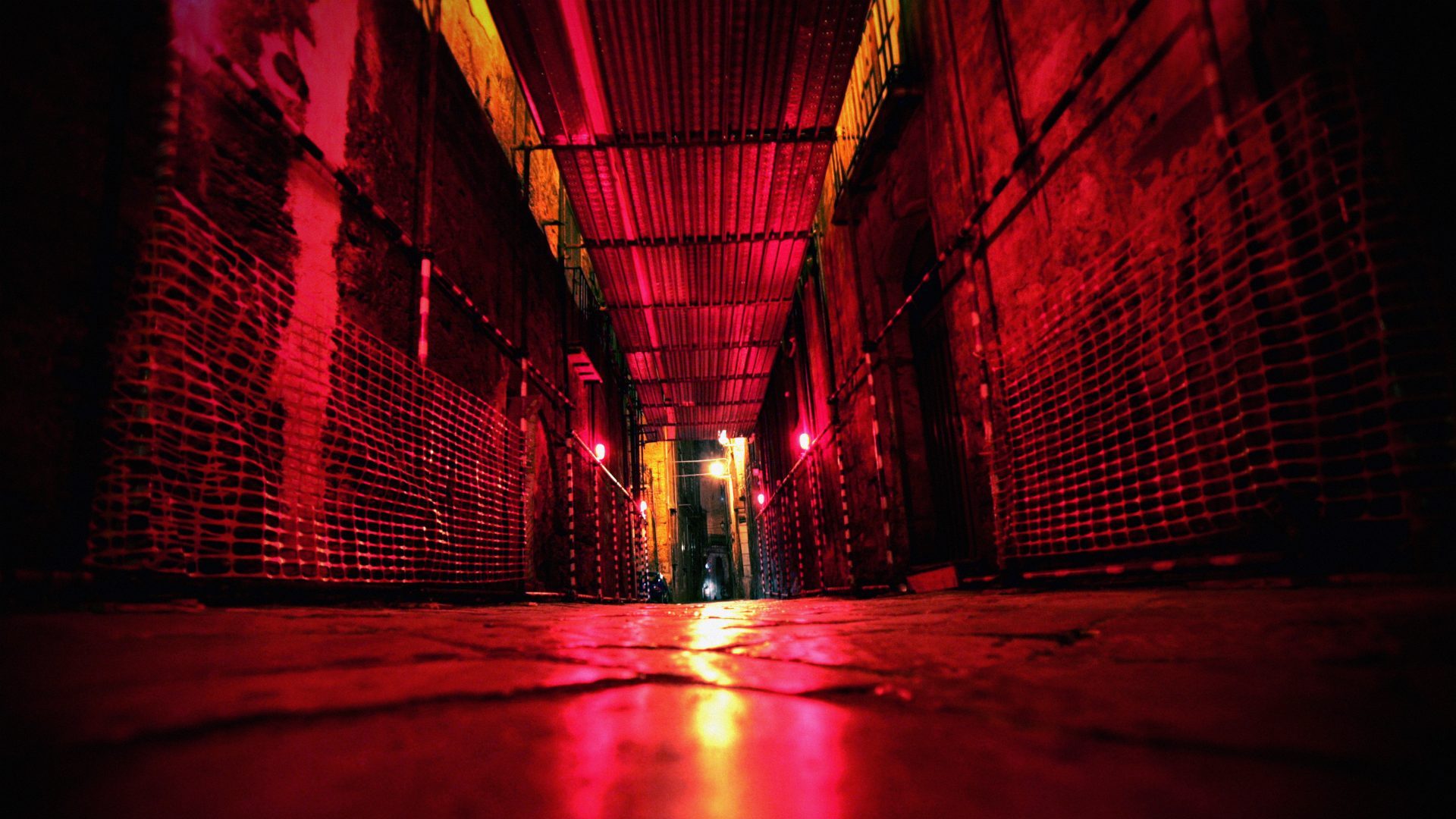Mount Etna has been blowing perfect smoke rings, which must be some kind of augury – but of what exactly? Perhaps these gaseous emanations, issuing from a newly formed crater on the Sicilian volcano, mark the end of the island’s mafia: a last smoke for the condemned men of the Cosa Nostra.
The Mob has been co-opted into Sicily’s tourist racket. Buskers murder the theme from The Godfather on their squeezeboxes in Corso Vittorio Emanuele in the heart of Palermo. Marlon Brando as Don Corleone is a fridge magnet. I first came here more than 30 years ago when the anti-mafia judges Borsellino and Falcone were blown up in the city.
Norman Lewis’s classic account of the Sicilian mafia The Honoured Society had just been reissued. In what Lewis described as the “straw-coloured” interior of the island, I was in a restaurant when a portly gentleman well into mid-life entered, accompanied by his driver.
The half-asleep waiter snapped to attention. A linen napkin was cracked across the newcomer’s lap. He was fetched veal, wine, a thimble of coffee as dark and strong as gunpowder. The diner accepted a courtly bow and stepped out into the blanching light. “That man: in work, in life, he is king,” murmured the dry-mouthed waiter.
A glance at the news pages of the brave and dogged Giornale di Sicilia suggests that organised crime isn’t beaten yet. This man has turned pentiti, penitent or stool-pigeon, on his former gang mates.
A police helicopter throws its shadow over the lugubrious palazzos of the city. Back during the football season, I remembered seeing blacked out cars sweeping past, escorting a coach of men who were being transported standing up. They could have been on their way to a mafia trial but, according to a Sicilian friend, they were ’Oligani. These are the “ultras”, or diehard supporters of Sampdoria FC, who had an away game against Palermo.
With an almost indiscernible change in her expression, my friend, a psychologist at a city hospital, indicated her concern that I was going to the game. The ultras of both clubs spend the entire match with their shirts off, chanting and detonating smoke bombs. They stand out in the afternoon sun, but dignitaries and other supporters enjoy the shade.
This is not the only respect in which these fixtures resemble a bullfight. A high plexiglass screen separates the fans from the pitch, like the barrier around the perimeter of a bullring. There’s no doubt who fulfils the role of the glamorous matador: Andrea Pirlo, one of the greatest players to pull on the jersey of the Azzurri, now manager of Sampdoria. He combined supernatural ability with a whiff of sulphur: he once said, “A pinch of sadism is the ingredient that makes victory taste a little bit sweeter”.
No wonder the Sicilians respond to his presence on the touchline, a trim, almost elfin, figure in a navy moleskin suit and handmade brogues. With his luxuriant hair and beard, Pirlo looks like a cross between an Old Testament prophet and a perfume model. He rises above the whistles and catcalls with ineffable self-containment. Not even a pair of burly paramedics banging on the plexiglass could penetrate his solemn composure. All they wanted was a selfie: the Palermo fans hadn’t come to bury Pirlo, so to speak, but to praise him.
I remember that scene as I enter the dank cool of the Capuchin catacombs, where Palermo’s One Per Cent went to meet their maker in their Sunday best in the nineteenth century. Almost the last figure you encounter is the spit of Pirlo. How has this dead ringer retained his barnet and moustaches into the afterlife? The security guard shrugs.
The denizens of this Dantean circle were preserved thanks to a patent embalming technique. This is a city of necromancers, where confectioners labour to produce candied lemons and pears to fool the eye. But all flesh is grass and the excellent cadavers in the catacombs sag in their finery: bald bags of bones. No finely painted memento mori in the chapel of a Palermo church makes the point about earthly vanity more effectively.
Despite this chastening experience, I find myself arguing the toss with the owner of a pizzeria over my bill. The food took an hour to come and tasted like a frozen supermarket pie. In London I would certainly have complained, perhaps paid nothing – but this is Palermo, where the speciality is a dish famously served cold. My host looked out on his eaterie from a small window to the side of the fuming pizza oven itself, like a wily sea captain at a porthole. I held out my bill to him and offered my own rather smaller sum in notes. The patron was not amused. Perhaps to his own distaste, he raised his voice. I surprised myself by standing firm. Without any change in the nature or volume of his rage, the owner began to repeat that I was “intelligent”, and a dismissive “Bye, Bye”. He had his hands around the stem of a crystal wine glass.
With his last implacable “Bye!” – who could suppose so much invective and contempt could be packed into this cheery monosyllable? – the stem of the glass shattered. Had he knocked it over? Or had he had tightened a practised stranglehold on it, with familiar consequences?
Stephen Smith is a journalist and broadcaster









